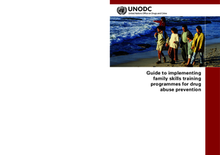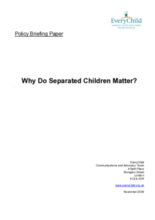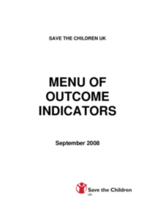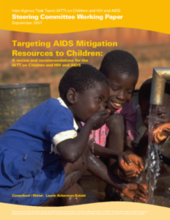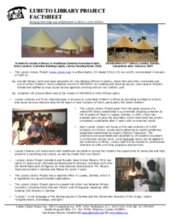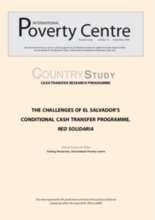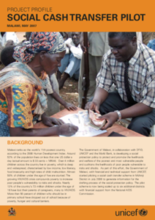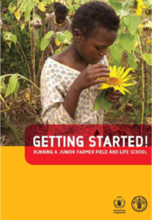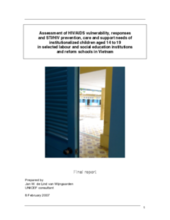Displaying 211 - 220 of 243
Offers updates, authoritative data, evidence and recommendations on key areas including prevention of mother-to-child transmission, paediatric care and treatment, preventing infection among adolescents and young people, protection, care and support for children affected by HIV and AIDS, programme monitoring and evaluation.
UNODC published Guidelines to implement family skills training programmes for drug abuse prevention in March 2009. These guidelines contain evidence of effectiveness, principles of family skills training programmes, cultural adaptation guidelines, advice on how to recruit and retain families through the programmes, practical advice on training of staff, as well as information about monitoring and evaluating family skills training programmes.
Evaluation of the need for increased understanding and inclusive responses to highly marginalized and separated children.
Guidance on the development of monitoring and evaluation indicators for child protection, education, health and HIV, and hunger programs.
Evaluates AIDS mitigation and targeting with child sensitive objectives and global guidance
The Lubuto Library Project seeks to fill an important gap in services to vulnerable children in Africa by providing a bridge to schools and social services otherwise beyond their reach.
Provides analysis of the historical background and current structure of El Salvador's conditional cash transfer programme with attention to family integration
Brief overview of a project designed to give monetary aid to poor families. Program seeks to reduce poverty while promoting health and education.
A guide to setting up, operating and sustaining an agricultural and life skills participatory training program for orphans and vulnerable children (ages 12-18), living in situations of food insecurity.
Qualitatively assesses the vulnerability of children living in institutional care in Vietnam. Includes specific recommendations for systems strengthening to reduce vulnerability in various institutional contexts.


